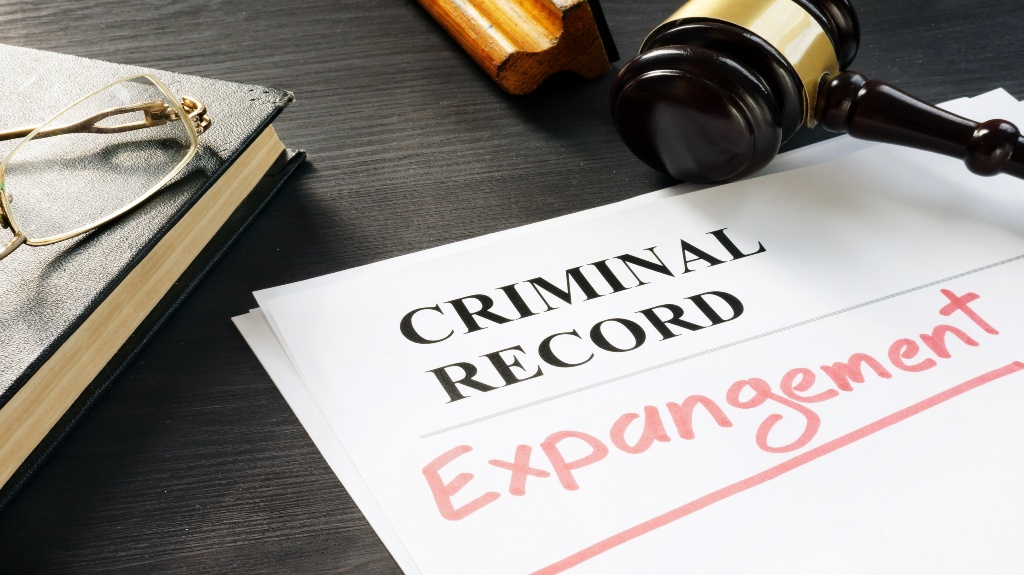
For some criminal offenses, a conviction does not have to stay on your permanent record. You might be eligible for an expungement. With that, your criminal record can be sealed, and you don’t have to worry about your past affecting your employment, education, or housing opportunities. Before you start, you need to know whether you qualify. Here is what you need to know about understanding Ohio’s expungement process for criminal records.
How Expungement Works
In Ohio, expungement is sealing your records. What does that mean? This process removes all public access to these criminal records. Unfortunately, that does not mean they will be completely wiped clean. Instead, landlords, educational situations, and employers will not be able to look at them. However, law enforcement and the court may still retain access to your sealed records.
With an expungement, you can reintegrate into society and not face any of the barriers imposed by a criminal record. However, keep in mind that this process is not automatic. You will need to follow the formal application process to have these records sealed.
Who Is Eligible?
Eligibility is not automatic. There are certain offenses that cannot be sealed. For example, Ohio only allows expungement for specific felonies or misdemeanors. That means that some offenses remain ineligible, such as:
- Convictions involving violence, such as first- and second-degree felonies
- Offenses involving sexual violence or crimes against minors
- Traffic-related offenses like OVI/DUI
Low-level felonies and misdemeanors are often eligible for sealing, but you must meet other criteria. For example, only a certain number of convictions can be sealed. Most of the time, up to five felonies under the fourth degree can be expunged. For misdemeanors, there is no limit. However, the court may consider the applicant’s overall criminal history when deciding whether to grant the request.
Is There a Waiting Period?
An expungement cannot happen right away. Any applicant needs to wait a specific amount of time after completing their sentence before applying. In most cases, it is one year for a misdemeanor and three years for a felony offense.
What Is the Process?
With this process, you will need to follow a couple of steps. These include:
Learn If You Are Eligible
Before starting the process, you should confirm eligibility by reviewing your criminal record. You may want to seek legal advice to assist with this step.
File an Application
You will need to file a formal application for expungement in the court where the conviction occurred. Your application should include:
- Personal information
- Details of the conviction(s) to be sealed
- Payment of applicable filing fees, which is usually $50 per request
Attend a Court Hearing
After filing, the court will schedule a hearing. During this time, you might have to present evidence supporting your request for expungement. Most of the time, this includes:
- Proof of rehabilitation, such as employment or community service
- Evidence that sealing the record serves your best interests
- Proof that the expungement will not harm public safety
In the hearing, a prosecutor can raise objections about expungement requests. Many times, this happens if a person has an extensive criminal record.
Decision from the Courts
After presenting your cases, the court will make a decision. If approved, your record will be sealed. Along with that, you will receive documentation confirming the expungement.
Why Should You Pursue Expungement?
Sealing a criminal record offers plenty of benefits for eligible individuals, such as:
- Better employment opportunities: Since many employers conduct background checks as part of the hiring process, expungement removes barriers that could be present during a check.
- Housing access: Landlords often deny housing to individuals with criminal records. With an expungement, you can eliminate this stigma.
- Education and licensing: With a criminal record, you could be ineligible for scholarships, financial aid, and professional licenses. However, an expungement can eliminate those issues.
- Restored reputation: By sealing your criminal record, you can move forward without the constant reminder of past mistakes.
Learn More About Expunging Your Record
Now that you have an understanding of Ohio’s expungement process for criminal records, you can proceed with the application. If you are looking for help, make sure to contact an Ohio criminal defense lawyer. They have the skills and knowledge to assist during this time.
Hunt Law LLC is ready to help. If you want to arrange a free consultation, please contact us at 330-469-9836.